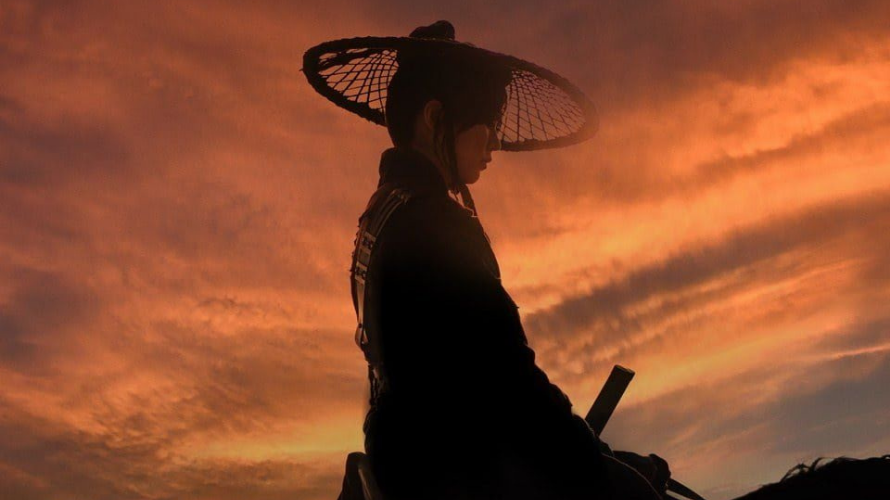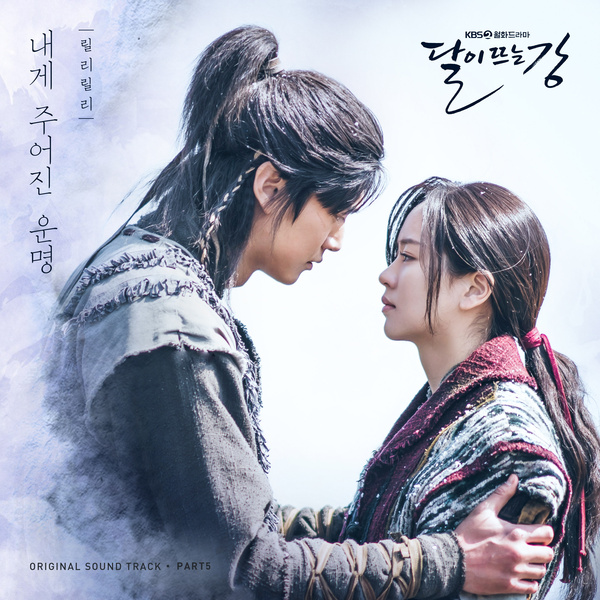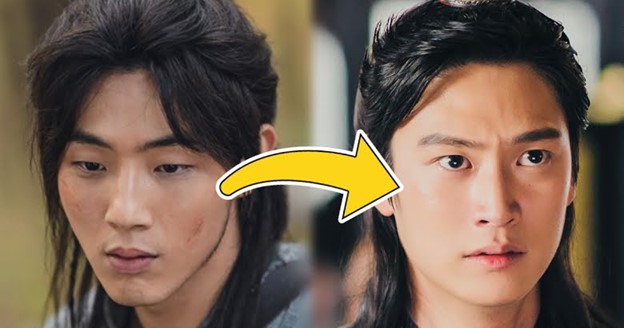“You cannot teach a man anything, you can only help him discover it in himself.”
Galileo
The quotation could be the moral of the beloved Korean folktale “Princess Pyeonggang and the Fool Ondal.” Traditionally, “The Tale of Ondal” was recorded in the Samguksagi– book that tells the history of the Three Kingdoms (Goguryeo, Baekje and Silla), compiled by Kim Bu-sik and others around 1145 by the royal command of King Injong of Goryeo.
“In Goguryeo, during the reign of King Pyeonggang, lived a man of funny looks but a good heart named Ondal, who supported his mother by begging for food. People called him Ondal the Fool, and the king would joke to his little princess, who broke into tears at every chance, that he would marry her off to Ondal the Fool when she grew up. When it came time to find a husband for the princess, the king made plans to marry her into the Go family of the Sangbu Go clan. But the princess refused, and the king expelled her from the palace, upon which the princess went to Ondal’s house and persuaded Ondal and his blind mother that they should wed. The princess helped the household by selling the gold that she had brought, and taught Ondal how to select a good horse, then instructed him to buy a state-owned horse put on sale by the court, and raise it. Ondal entered a hunting competition on this horse and excelled, impressing the king. When King Wu of Later Zhou invaded, Ondal went to war and greatly distinguished himself, upon which the king accepted Ondal as his son-in-law and appointed him to the high post of daehyeong. Ondal died in the battle to restore land that had been occupied by Silla. At his funeral, they were not able to move his coffin, and when the princess caressed the coffin, offering comforting words, the coffin finally lifted.”
Source: https://folkency.nfm.go.kr/en/topic/detail/5597
And just like any other literatures, the Korean oral tradition offers many variations of this tale. KBS2’s “River Where the Moon Rises” (Korean: 달이 뜨는 강; RR: Dari Tteuneun Gang) offers the story of Pyeonggang (Kim So Hyun), the Princess of GoGuryeo who was raised as a soldier and assassin, who was ambitious enough to dream of becoming a ruler until she met On Dal (initially played by Ji Soo but was replaced after six episodes into the drama by Na In Woo). The drama also stars Lee Ji Hoon (Ga Geon) and Choi Yoo Hwa (Hae Mo Yang).
Despite the controversies and tribulations that smeared and surrounded the drama, it ended with a decent 8.3% nationwide rating. Kim So Hyun has been excellent in her portrayal although, her sageuk (historical drama) experience didn’t help much out in reviving their ratings. Na In Woo, the most junior in the main actors, came out as a surprise, confirming that there is really an opportunity in crisis. With a very short time to prepare, he was able to delicately portray the role of On Dal that Ji Soo left behind, while earning the respect and love of his co-workers and proving his passion and work ethics. Some even say, that he is on his way of becoming a hallyu star. While, Lee Ji Hoon has always taken emotional control and restraint to his advantage, evident in his death in while leaving behind Choi Yoo Hwa’s character, Mo Yong, the cunning yet kind Silla spy.
I am not yet that familiar with Korean history and folklore but by the way I understand it, the plot of the Korean drama version did a good job with the story of Ondal the Fool and Princess Pyeonggang. Although the language used was sometimes off as they were supposed to be set in the Gorguryeo period (37BC – 668AD). The spoken lines did not match the time and place setting of the story. However, it may be the production’s way of getting traditional Korean literature near the more modern and techno generations.
When observed closely, the characters were not that faithful as to how they were first introduced. Pyeonggang was a top assassin, Yeon Ga Jin, highly skilled in martial arts and was able to think wisely in desperate situations. However, she sometimes was foolish and reckless especially when it involved her feelings for On Dal. And being played by two actors, the most prominent problem I saw was how each treated the character. At first, Ji Soo’s On Dal was goofy, then the drama moved on the Na In Woo’s On Dal, who is quite more reserved and less childish. It was shown through his grins and confusions. Nevertheless, On Dal was an archetype of the good and foolish male lead and both actors were able to carefully portray the changes made in the characters of On Dal as he grew old and strong right through the viewer’s eyes.
On another point, On Dal, feigning death in the end was somewhat cliché but I think, it was needed to stay true to the ending of the folktale. But for me, it was anti-climactic and looked as a “deux ex machina” (an expected event saving a seemingly hopeless situation). The cinematography and choreography were all good that I thought the drama could still be extended to 30 more episodes or so, given the challenges brought by the Baekje and Silla Kingdoms. The music and soundtrack were amazingly stunning, and they absolutely added to the drama of the series.
After watching a lot of sageuks, they are my favorites, they often start strong with a massive exposition of the setting and characters, then they dwindle a little in the middles episodes, and wrap up good in the end. And “River Where the Moon Rises” is no different from most. Some parts, especially the discrepancies in the language and setting, are strange. Sometimes, they felt like they were from other dramas. And while the team contented with the trials brought by recasting, I think it was a blessing in disguise. It gave more intrigue and marketing advantage for the series, to which Na in Woo’s On Dal lived up until he “died”—a death by arrows that reminded me of Akira Kurosawa’s version of “Macbeth.” Yes, really.
Over-all, given the circumstances, “River Where the Moon Rises,” was able to shape it’s scattered elements to give its viewers a fitting conclusion.
Rating: 3/5
You could watch “RIVER WHERE THE MOON RISES” here.




I will put this on my list after Vicenzio. Sayang si jisoo hinihintay ko pa nmn ang lead role nya. Lagi na lang 2nd lead
LikeLike
I like kdramas with a touch of fantasy and history. This plot reminds me of anime; legend of condor hero. 🙂
LikeLike
A female assassin..how very interesting! Though I don’t think I’m up for epic Kdramas just yet.
I thought the replacement actor has better presence than the one he replaced.
LikeLike
Interesting plot but as you said, it is predictable. I like how you reviewed the characters portrayal, how they were first introduced, to their somewhat minor inconsistencies. Overall, i think it has good cinematic effects based on your review, though it has its own avenues to improve.
LikeLike
I like this kind of Kdrama series. A huge plus on observing their elaborate costumes. I find them inspiring.
LikeLike
I always loved historical korean dramas and this one has a very interesting plots that i have to check out for myself haha
LikeLike
im not so kin with period type kdramas pero i think i will enjoy this. nasa netflix kaya or viu lang?
LikeLike
viu original po siya 🙂
LikeLike
I haven’t seen this drama yet but I heard the controversy about Ji Soo and my first thought was how they will all pace themselves when it’s already airing and in need of a new actor dskjfsdf Now I am more interested to watch this.
LikeLike
Like ko sa Kdrama yung mga fantasy na may touch ng history nila. Check ko to after ng pinapanood kong Empress Ki
LikeLike
I really like this drama.
LikeLike
Interesting and looks good and looking forward to see it
LikeLike